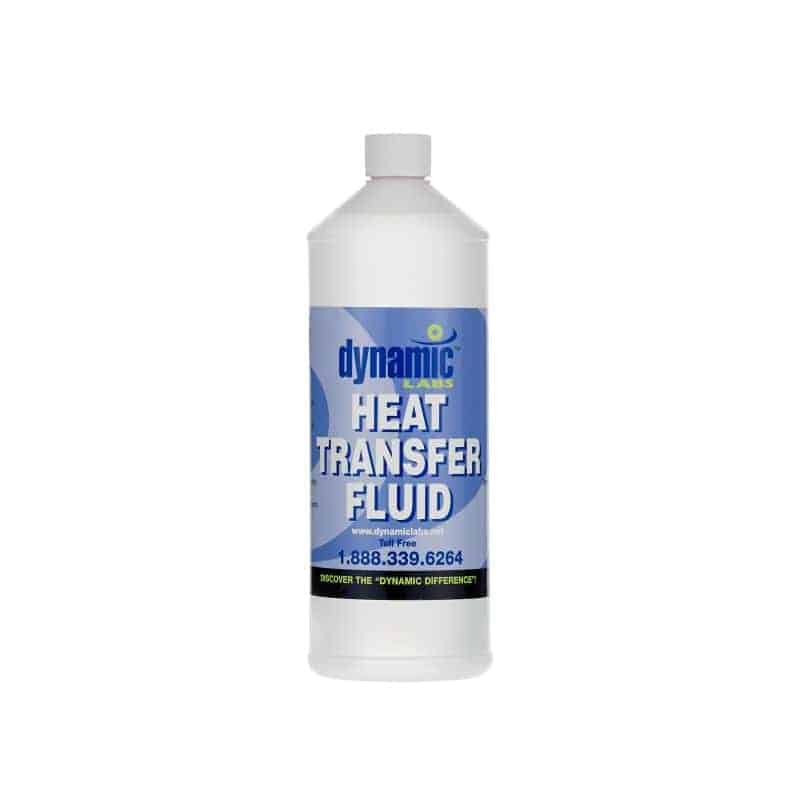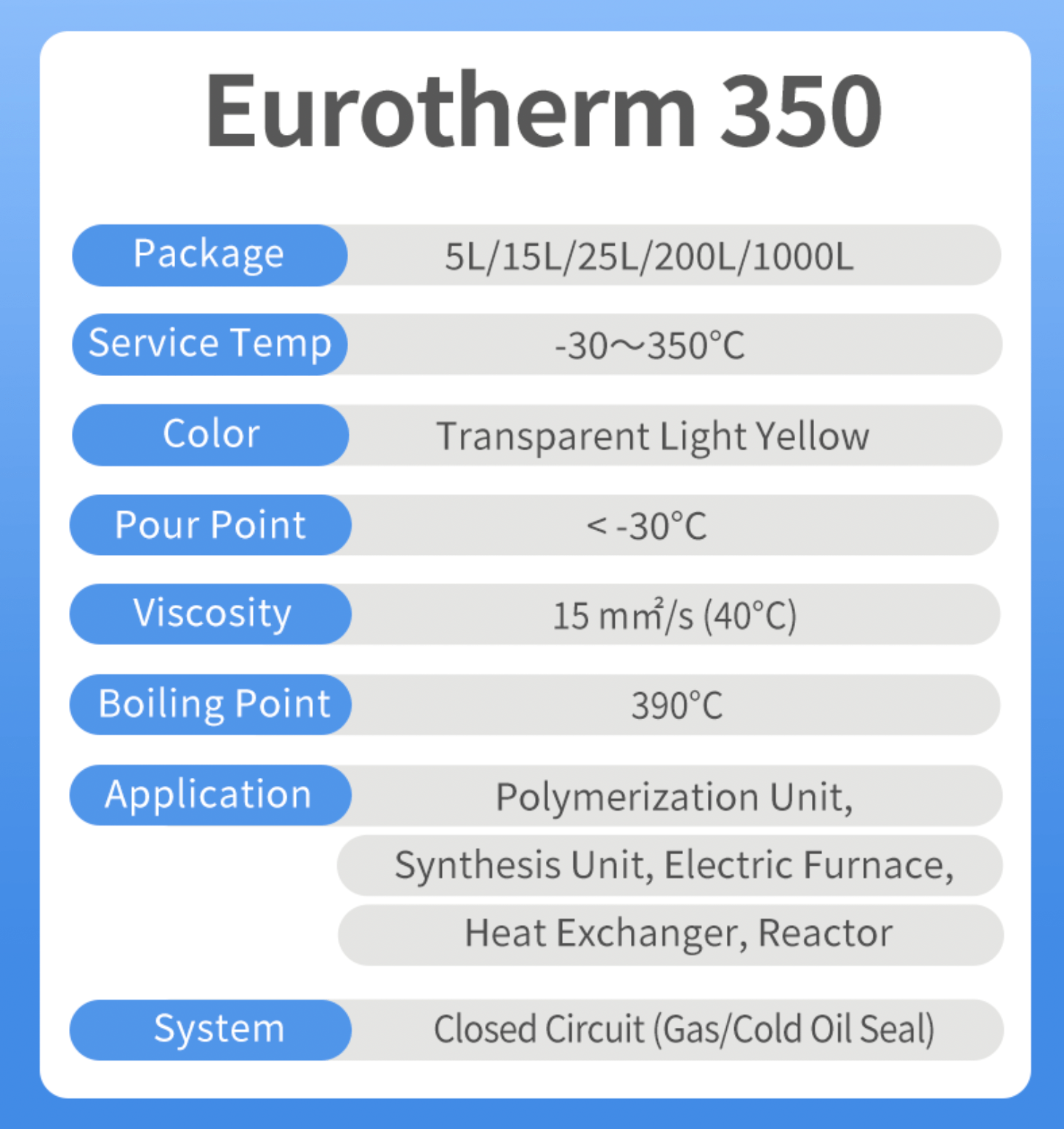The Importance of Thermal Oil in Energy Efficient Systems
The Importance of Thermal Oil in Energy Efficient Systems
Blog Article
Maximize Your System's Lifespan With the Right Heat Transfer Fluid
Picking the suitable warmth transfer liquid is critical for enhancing system efficiency and durability. The right fluid not just boosts thermal efficiency but also minimizes potential deterioration on crucial parts such as pumps and warmth exchangers - heat transfer fluid. Comprehending the different types of warmth transfer fluids and the details demands of your application can significantly influence the total health and wellness of your system. Lots of ignore vital elements that might make a significant distinction. What considerations might you be missing that could eventually impact your system's effectiveness?
Value of Heat Transfer Fluids

Furthermore, warm transfer liquids contribute to the security and integrity of thermal systems. In addition, the ideal warmth transfer fluid can give protection against deterioration and scaling, further expanding the life-span of equipment and infrastructure.
Types of Heat Transfer Fluids
Various kinds of warm transfer liquids are frequently used in industrial applications, each tailored to specific functional demands and temperature arrays. The most prevalent groups consist of water, oils, and specialized synthetic fluids.
Water is often employed due to its superb thermal conductivity and availability; nevertheless, its constraints arise at high temperatures and prospective freezing conditions. For higher temperature applications, thermal oils, such as mineral oils or natural substances, are utilized. These oils offer superior thermal security and can run effectively at raised temperatures, making them ideal for processes like food handling and petrochemical production.
Artificial fluids, which can be either not natural or natural, are made to fulfill certain efficiency criteria. They commonly display boosted residential or commercial properties such as reduced toxicity, large temperature level arrays, and resistance to oxidation. Instances consist of esters and glycols, which are perfect for specialized applications like solar thermal systems and heat exchangers.
Furthermore, cooling agents are utilized in cooling systems, leveraging their stage change buildings to launch and absorb heat effectively. Each kind of heat transfer fluid offers unique benefits and is chosen based on the details requirements of the application, making certain optimum performance and system longevity.
Aspects to Consider When Choosing
Choosing the suitable warm transfer fluid includes cautious factor to consider of numerous elements to guarantee optimum efficiency and system effectiveness. One of the main elements is the temperature level variety needed for the system. Fluids vary in their thermal stability and can lose or disintegrate efficiency outside certain temperature Clicking Here limitations.
An additional vital consideration is the fluid's viscosity, as it impacts pump performance and power consumption. A fluid that is as well thick might hinder flow and increase operational expenses. Additionally, the liquid's specific warmth ability plays a crucial function in figuring out exactly how successfully it can move warmth.
Chemical compatibility with system products is likewise important to prevent deterioration, degradation, or leaks - dielectric cooling fluid. Making certain that the picked liquid is suitable with the building and construction materials can lengthen the lifespan of the system

Benefits of Proper Fluid Selection
Appropriate selection of a warmth transfer liquid returns substantial benefits for system efficiency and dependability. The best liquid boosts thermal conductivity, ensuring optimal warmth transfer prices within the system. This effectiveness minimizes energy usage, leading to reduced functional expenses and a reduced ecological footprint.
Additionally, ideal fluid choice adds to system durability by preventing rust and destruction of elements. Fluids developed with corrosion important source inhibitors secure steel surfaces, thus extending the life expectancy of pumps, pipes, and warm exchangers. Additionally, picking a fluid with ideal thickness guarantees efficient circulation, which is important for maintaining consistent temperature circulation throughout the system.
An additional important advantage is the fluid's thermal stability. A stable heat transfer liquid can operate over a broad temperature range without breaking down or read this losing performance, which is crucial for systems revealed to varying thermal conditions. The appropriate fluid can additionally reduce dangers connected to cold or boiling, thereby preventing operational interruptions.
Maintenance Tips for Long Life
Making sure the durability of a heat transfer system calls for diligent maintenance practices that complement the advantages of proper fluid option. Normal assessments are vital to recognize potential leakages, corrosion, or sediment build-up that can endanger system efficiency. Develop a regular timetable to evaluate pipeline stability, links, and installations, as these locations are commonly vulnerable to damage.

Monitoring fluid levels and quality is similarly important. Regularly look for indicators of contamination, such as discoloration or particle issue, which can indicate destruction of the warmth transfer liquid. Implementing routine liquid evaluation can give understandings right into its chemical homes, enabling for timely replacements when required.
Furthermore, keeping optimal operating temperature levels is vital. Urge making use of temperature controls and sensors to prevent overheating, which can increase fluid degradation and damage system elements.
Finally, constantly comply with the supplier's guidelines pertaining to liquid substitute periods and maintenance procedures. By devoting to these finest practices, you can dramatically enhance the operational lifespan of your warm transfer system, ensuring reliable efficiency and decreasing the requirement for costly repair services or premature substitutes.
Verdict
To conclude, the selection of a proper warmth transfer fluid is critical for improving system effectiveness and durability. By recognizing the various kinds of liquids and taking into consideration crucial aspects such as thermal conductivity and corrosion resistance, optimal efficiency can be attained. In addition, regular maintenance and assessments play a crucial duty in sustaining operating conditions. Focusing on these elements guarantees the extensive life-span of important components, inevitably adding to a much more effective and dependable system.
Heat transfer fluids play an important duty in various industrial and industrial applications by helping with the reliable transfer of warmth between surface areas.Moreover, heat transfer fluids contribute to the security and dependability of thermal systems. Additionally, the liquid's particular warm ability plays a vital role in establishing exactly how efficiently it can move heat.
The right fluid improves thermal conductivity, making certain optimum heat transfer rates within the system. A secure warmth transfer fluid can operate over a wide temperature range without damaging down or shedding effectiveness, which is crucial for systems subjected to fluctuating thermal conditions.
Report this page